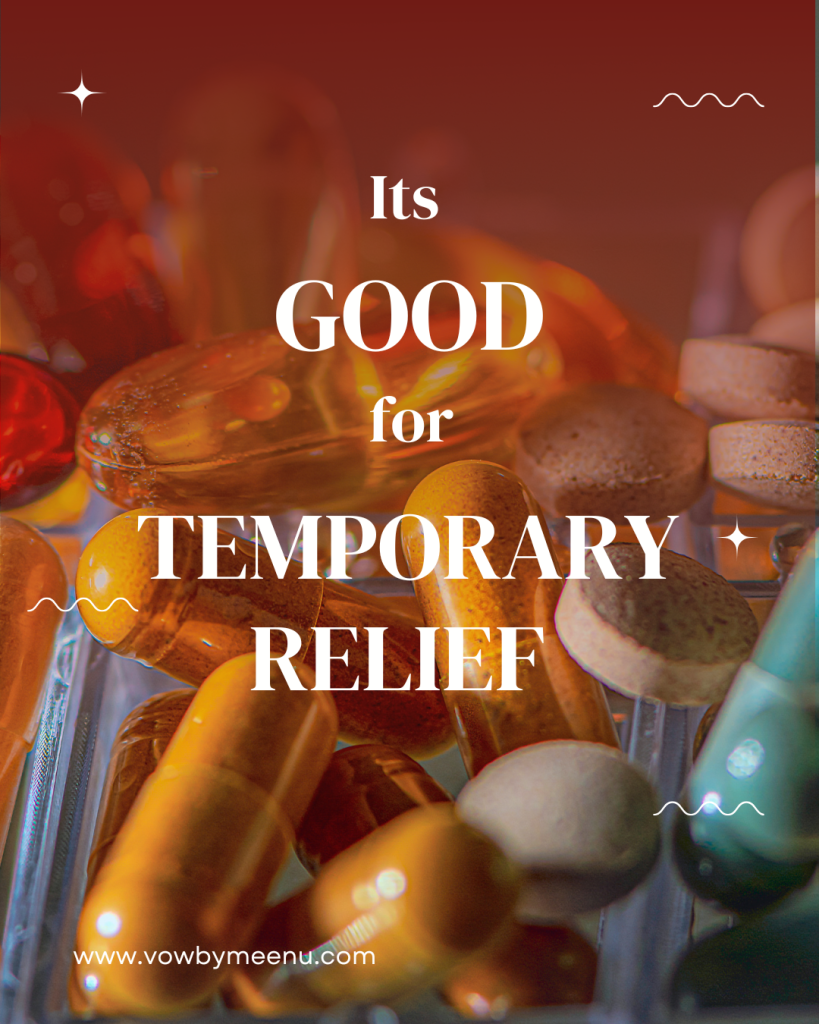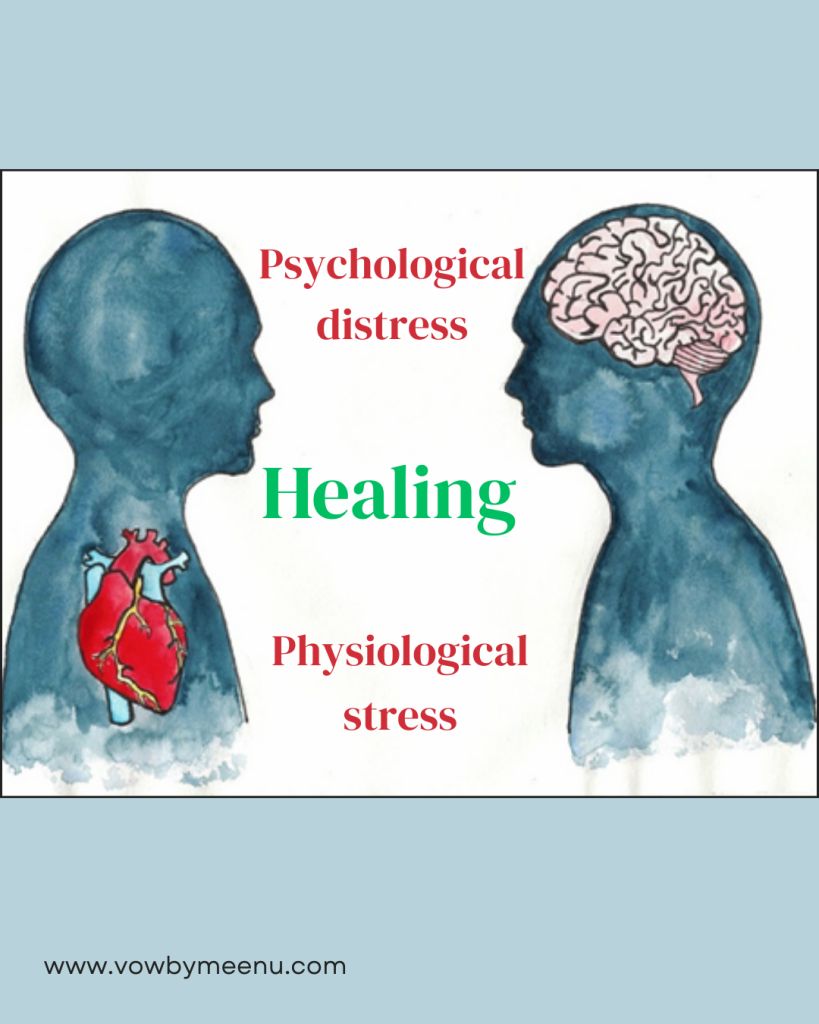We often seek medical treatment for diseases and ailments, typically visiting doctors and taking medication in the belief that this will resolve their issues. However, these methods often provide only temporary relief, allowing individuals to continue their daily activities while masking the underlying problem which persists within our mind as hidden emotions, unresolved situations, or past traumas. I always believe that an individual can help themselves by understanding the root causes of their problems. By gaining insight into their internal emotional state, we can address these hidden factors, which in turn, individuals can truly heal their body and improve their immune system overcoming diseases and ailments.

The relationship between emotional healing and physical health has become a significant focus in scientific research. Emotional healing involves addressing and resolving psychological distress and has been linked to improved health outcomes and disease management. This article examines the mechanisms through which emotional healing impacts physical health, supported by empirical studies and theoretical frameworks.

The mind-body connection is crucial in holistic health practices. Research has shown that emotional distress, such as chronic stress, anxiety, and depression, can exacerbate physical conditions like cardiovascular diseases and autoimmune disorders. Conversely, addressing emotional health can mitigate these effects, thus improving resilience and facilitating recovery.
How Emotional Healing Affects Physical Health
Stress Reduction – Chronic stress triggers the release of cortisol and other stress-related hormones, which can affect immune function and increase inflammation levels. Techniques for emotional healing, such as mindfulness and cognitive-behavioral therapy, have been shown to reduce stress hormone levels.

Enhanced Immune Function – Positive emotional states, including happiness and gratitude, are linked to improved immune responses. Research indicates that emotional well-being can increase the production of natural killer cells and other elements of the immune system.
Behavioral Changes – Emotional recovery frequently results in more advantageous lifestyle choices, including enhanced dietary habits, consistent physical activity, and improved sleep routines. These behaviors significantly contribute to overall physical health.
Information Derived from Observation

- Cardiovascular Health Emotional healing interventions, including stress management programs, are associated with lower blood pressure levels and enhanced heart health.1
- Chronic Pain Management The application of techniques such as guided imagery and emotional release therapy has demonstrated potential in mitigating symptoms associated with chronic pain. 2
- Cancer Patients Studies have shown that emotional resilience and a positive perception of illness enhance the quality of life and coping strategies in individuals diagnosed with cancer. 3
The healing of emotions is not merely a psychological consideration; it encompasses a holistic approach that significantly impact physical health. By addressing emotional distress, individuals can discover avenues for disease prevention and recovery. Future research should continue to explore & investigate the intricacies of this connection, thereby facilitating the advancement of integrative health practices.
References:
2- https://ijmhs.biomedcentral.com/articles/10.1186/s13033-025-00661-1
3- https://ijmhs.biomedcentral.com/articles/10.1186/s13033-025-00661-1



